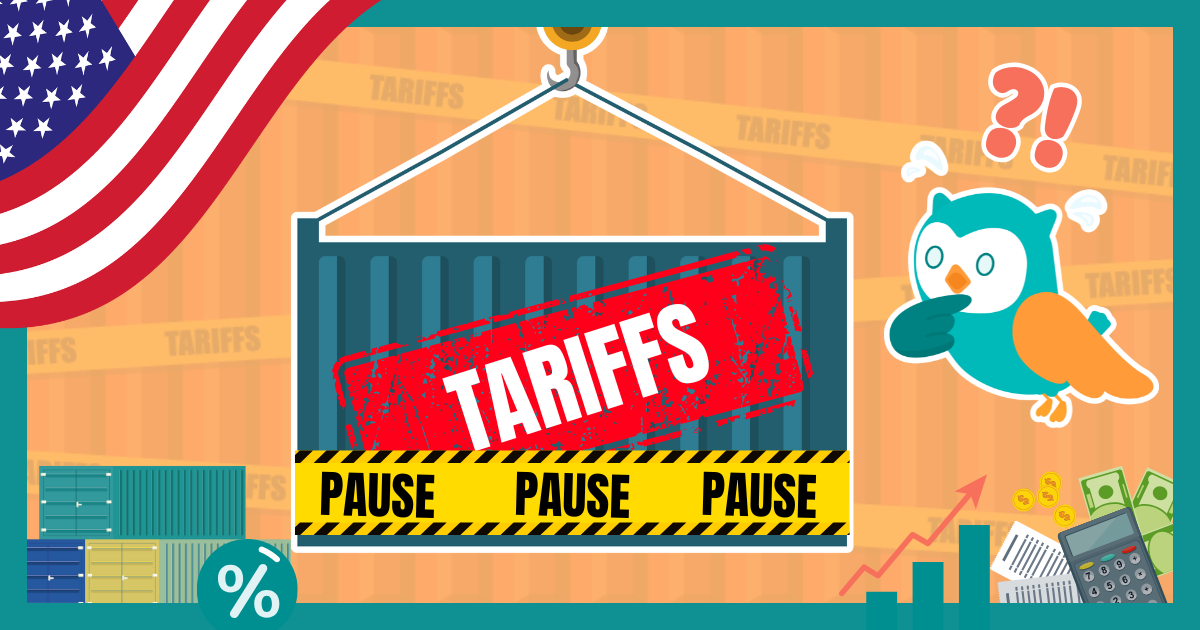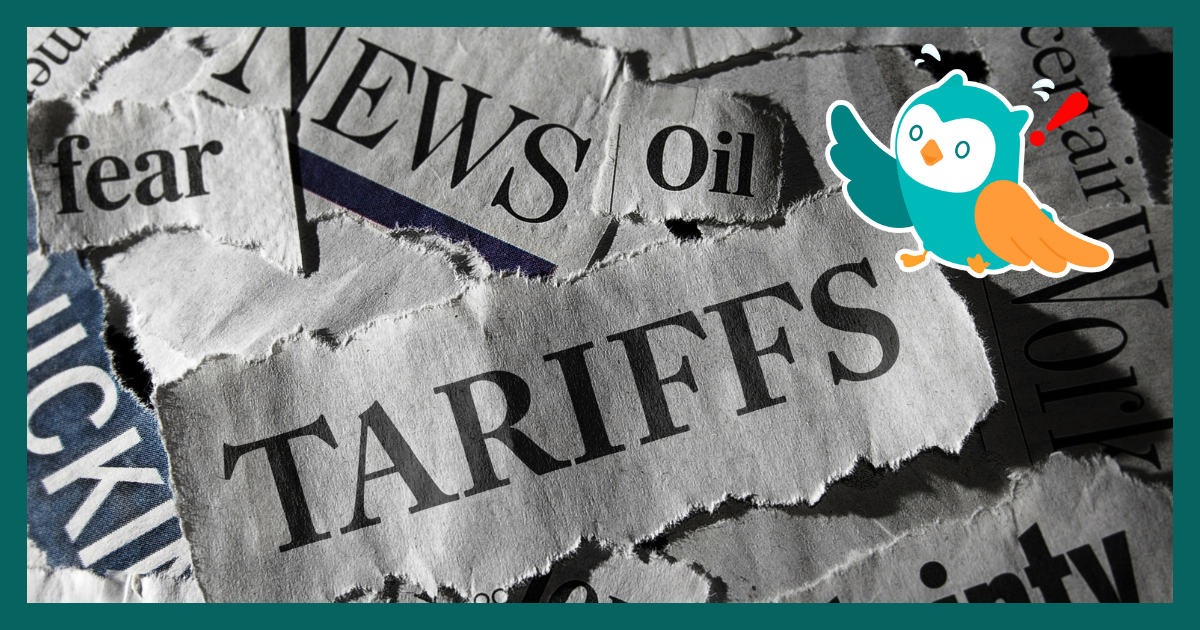Note: It was announced in November 2023 that MoneyOwl will be acquired by Temasek Trust to serve communities under a re-purposed model, and will move away from direct sale of financial products. The article is retained with original information relevant as at the date of the article only, and any mention of products or promotions is retained for reference purposes only.
______________
Start 2022 on the right note by ensuring you get your finances in shape.
At the end of each year, it’s normal for one to get a little introspective about the months past and to think about the year ahead. Perhaps you wished you’d saved more or spent less, or perhaps 2022 is the year you’ve decided to finally commit to an investment plan. Whether or not you believe in making resolutions, it’s good to reflect on past decisions so you can make wiser choices in the year to come.
Not sure where to start? We answer some of your frequently asked questions and offer you easy-to-implement tips on how you can get financially fit for 2022.
Q: Where do I even start when it comes to setting financial goals?
If you joined the workforce not too long ago and are just getting started on your financial journey, your focus should be to pick up good money habits and manage your newfound income earning ability wisely. As retirement may seem very remote to you at this point, your financial goals would likely center around saving up towards something you value (for example, a holiday, a tech gadget, or even a car). To do so, you will need to work out a realistic budget to allocate your resources around your current lifestyle and goals. After you experience the positive gratification that comes from managing your money wisely to achieve a short term goal, you will better appreciate the need for planning. This also reinforces the correct mindset towards money for your longer term goals.
Given the current uncertainty in the job market, it will be wise to save up at least 3 to 6 months of your living expenses and loan repayments, if any, to ensure that should you lose your job, your savings will be able to sustain you while you hunt for another job. If your current expenses add up to $2000 per month for example, then you will need to minimally have spare cash of $6000 in your bank. Your first order of business is to allocate a portion of your income every month towards setting up your emergency fund. This could take up to several months or a year to do so.
When it comes to budgeting, the 50/30/20 rule is a good place to start. Using your take-home income, allocate 50% for needs including debt repayments, 30% for wants, and 20% for savings. After you have set aside your emergency funds and are on your way to building your savings for medium to long term needs, it would be timely to think about your goals over the next 3 to 5 years – ask yourself questions like “Will I still be in the same job?” and “Will I have other plans along the way – such as getting married, buying a property, or pursuing further education?” These questions will give you a perspective on what you might be saving up for.
A simple way to check if you’re on the right track is to do a financial health check regularly by asking yourself these questions –
1. Have I set aside at least 3 to 6 months of my living expenses as an emergency fund?
2. Am I saving consistently about 15-20% of my salary?
3. Am I taking up too much debt – you should keep your loan repayments for education, motor, credit card etc. to no more than 15% of your monthly income. If you are planning to buy a property, then your total loan repayment including your property should take up no more than 40% of your monthly income.
Q: In terms of insurance, what are the policies I should consider, and why?
One of the key assumptions when planning for our life goals, is that we will always be healthy and able to earn an income. However, things may not always go the way we plan. Death, disability, or major illnesses can cause our income to stop permanently and also result in large healthcare and caregiving expenses. Insurance is important to help us mitigate these life risks by fail-proofing our financial plans. Insurance may also serve a secondary purpose as a tool in wealth accumulation. However, it should not be the first consideration as there are many other options (such as our CPF, and other investment tools) available on the market for accumulating wealth.
There are many types of insurance in the market to cater for different risks and profiles. As the premiums you pay towards your insurance coverage is an expense, generally you should aim to buy the insurance coverage your need for the lowest cost possible.
Insurance that all young working adults should have –
1. Health Insurance (MediShield Life and Integrated Shield Plans) – These take care of your medical expenses in the event of a hospitalisation and ensures that you would be able to afford the medical treatment you need. All Singaporeans are covered under MediShield Life, which is designed to pay for large hospital bills in highly subsidised wards in government hospitals. If you have other healthcare expectations or would prefer to have the option to seek treatment in higher class wards or private hospitals, you should also consider enhancing your coverage with an Integrated Shield Plan.
2. Disability income insurance – Should you not be able to work in your current occupation due to disability arising from illness or accident, this insurance can pay up to 75% of your salary monthly until you are able to return to work. If you are able to subsequently find alternative employment but it pays less than your current salary, this insurance will also help to restore a portion of your salary up to 75% of what it was.
3. Critical Illness insurance – This pays a lump sum amount in the event that you are diagnosed with any of the 37 defined critical illnesses. The payout should be sufficient to enable you to stop working for 3 to 5 years so that you can concentrate on treatment and to recuperate from it. The lump sum amount can also be used to pay for alternative treatments that are not covered by your health insurance.
4. Term life insurance – If you have dependents who depend on you financially, such as aging parents, young children or a non-working spouse, you will also need to have life insurance sufficient to support their living expenses and pay off any outstanding loans in the event of your death. This ensures that life can go on for them even when you are no longer around.
MoneyOwl has a tool to help you determine your insurance needs based on the various life stages and your personal financial situation – click here to try it out!
Q: When it comes to investing, what products would you recommend for someone with a high risk profile, vs low risk?
For someone who has a high risk profile, i.e. they have a longer time horizon for 10 years or more, are financially stable, and are able to stomach the market volatility without pulling the plug on their investments, they can look into a portfolio of globally diversified stocks. We recommend looking for a fund that is low cost and where the fund manager employs a market-based approach, rather than an approach of stock picking and forecasting of the macro-economic indicators. Research has shown that such methodologies are not able to consistently produce returns that can beat the benchmark in the long run. They may also consider investing in thematic type investments such as bitcoin, green energy, tech etc, but this should be limited to no more than 5% of their overall portfolio.
For someone who has a low risk profile, i.e. either they have a shorter time horizon, have lower ability to invest because of their current financial situation or are unable to stomach market volatility, they will probably be more comfortable with a portfolio that has a higher allocation to bonds (investment grade, not high yield bonds!), insurance endowment plans or even optimising their CPF to earn the good risk-free interest. Obviously, with low risk comes lower returns, so such an investor should be mindful of the trade-offs as well.
Q: Should I invest my CPF savings?
It depends. We do not recommend investing your Special Account savings as it is hard to beat the risk-free returns of up to 5% p.a. that is currently earned on these monies. There is potential to invest your Ordinary Account savings to beat the 2.5% p.a. risk-free interest currently earned on it, however it is subject to several considerations. In order to earn more than 2.5% p.a., you would be required to take moderate to higher-risk investments, which requires you to stay invested for a longer period of time. If you need to use your OA monies to pay for your house or education, then you should ensure that you have set these sums aside before investing.
As with cash investing, use time-tested investment strategies of staying invested in a broadly diversified portfolio with low costs, which will give you the best odds of a positive and successful investment outcome. Unlike cash in bank which earns almost no interest, your OA monies earn a risk-free interest, so your investment strategy should focus on helping you to achieve more than 2.5% p.a. not just in one year but into the long term as well.
Q: Do I really need a financial adviser to help me plan my finances?
Again, it depends. If you are savvy and possess the time, knowledge, and experience in financial planning, there is no reason to pay a financial adviser for his/her services.
However, engaging a financial adviser can be beneficial as they help you to look at your finances holistically and also point out blind spots and gaps in your current plans. As their profession revolves around being in the know about the latest trends and development in financial planning products and solutions, you can also benefit from learning about different ways to achieve your goals, or even engage them as a sounding board for your wealth accumulation strategy. Many of our clients have benefitted from speaking with our client advisers for the above reasons, and these consultations need not always end up with a product purchase.
When seeking out a financial adviser, look out for their accreditations such as Certified Financial Planner CFP®, Chartered Financial Consultant ChFC®/S, as these would inform you of their competency and professionalism in approach. You may also want to find out how your financial adviser is remunerated – fee-based vs commissions, as their remuneration structure could affect their ability to remain objective in their financial advice to you.
With these tips in mind, you’re well on your way to a brighter financial future!




